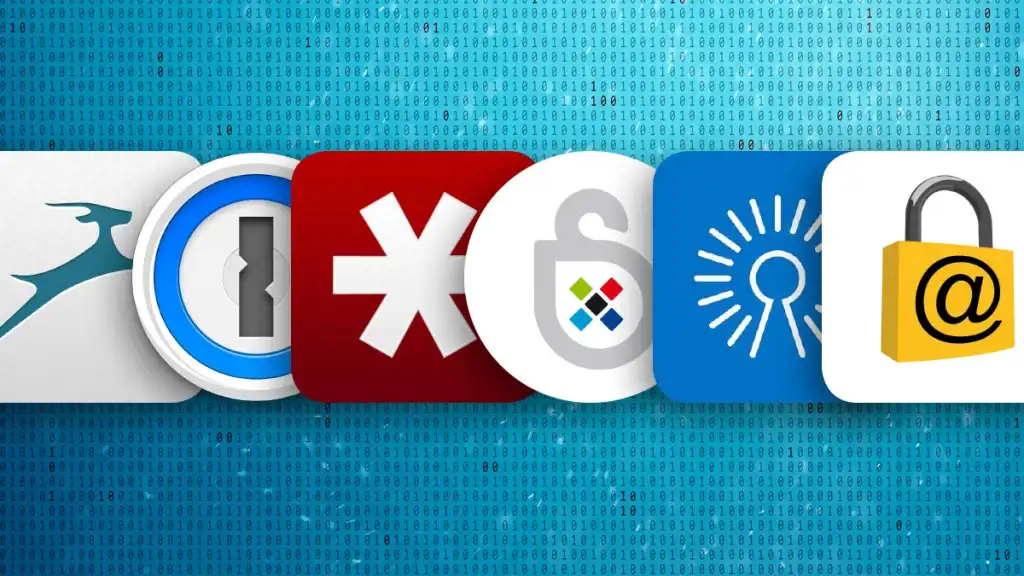Society’s online presence has greatly evolved our amount of usernames, passwords, and accounts that an individual is required to maintain. This calls for an upgrade to our security posture on passwords. Young or old, password managers should be standardized when exploring the internet and embedded into our culture.
A recent breach by LastPass was a terrible time to introduce your co-worker to why a password manager is an essential online tool. But.. the benefits far outweigh the negligence and personal inconvenience of one company. Password managers are able to generate, store, and act as a watchdog for your credentials.
Choose a password manager that encrypts your data with AES-CBC 256-bit encryption for your vault data, and PBKDF2 SHA-256 to derive your encryption key. The iteration count should be at least 300,000+ for temporary future proofing.
More importantly, choose a password manager that encrypts your sensitive information such as email address, name, URL’s, notes and NOT just your password and username. The technology behind a secure password manager is incredibly complicated, just take a look at the white papers offered by Bitwarden here.
Once you have trust that your password manager will keep your information secure, even if they are breached, attackers will NOT be able to restore your sensitive data due to the encryption, as long as your master password is very strong (think 15+ characters).

Obviously, the advantages that come with a password manager for your online security are excellent. Every password you generate should be 20+ characters, you should also generate random usernames. In addition, a paid version of Bitwarden gives you access to reports on breached accounts or repeated passwords. Make sure no passwords are the same.
You simply cannot do this without a password manager. Additional benefits include sharing passwords, and storing secured notes. All while having a designated emergency contact to take over your account. There should be no reason to create passwords in your brain, this is simply not enough in this day and age.

Comments are closed